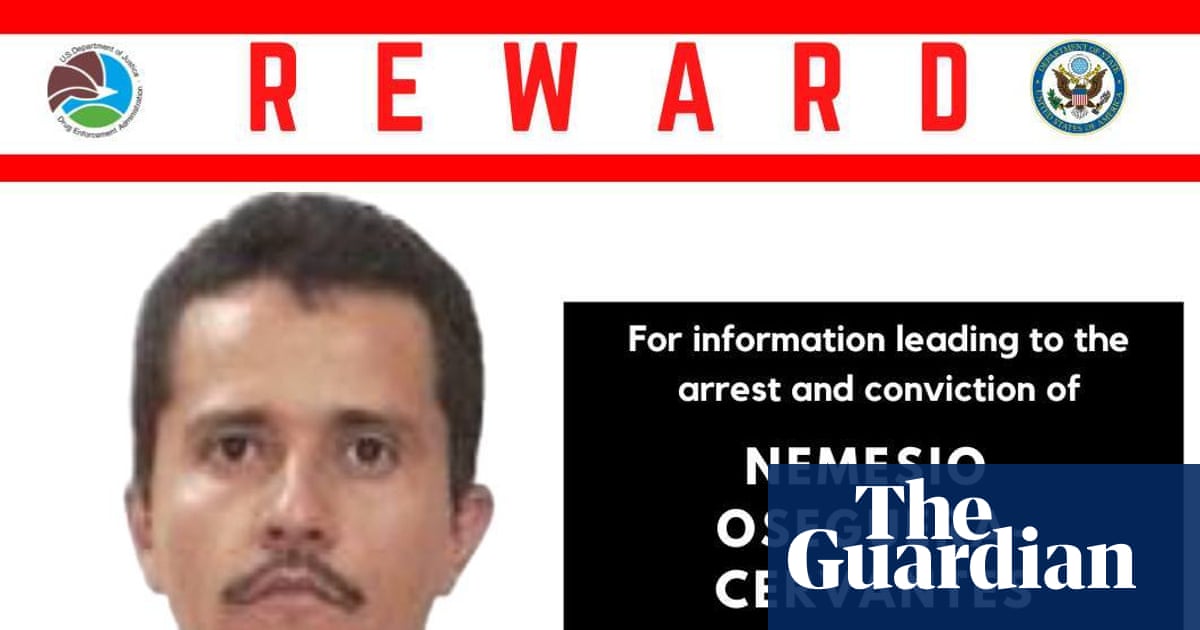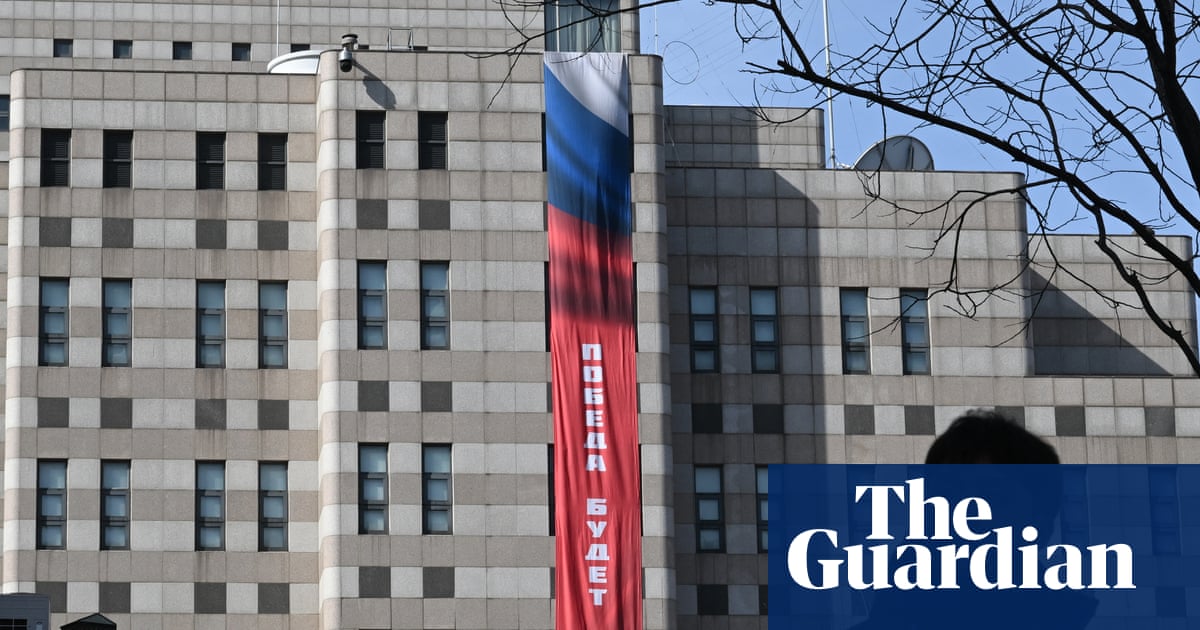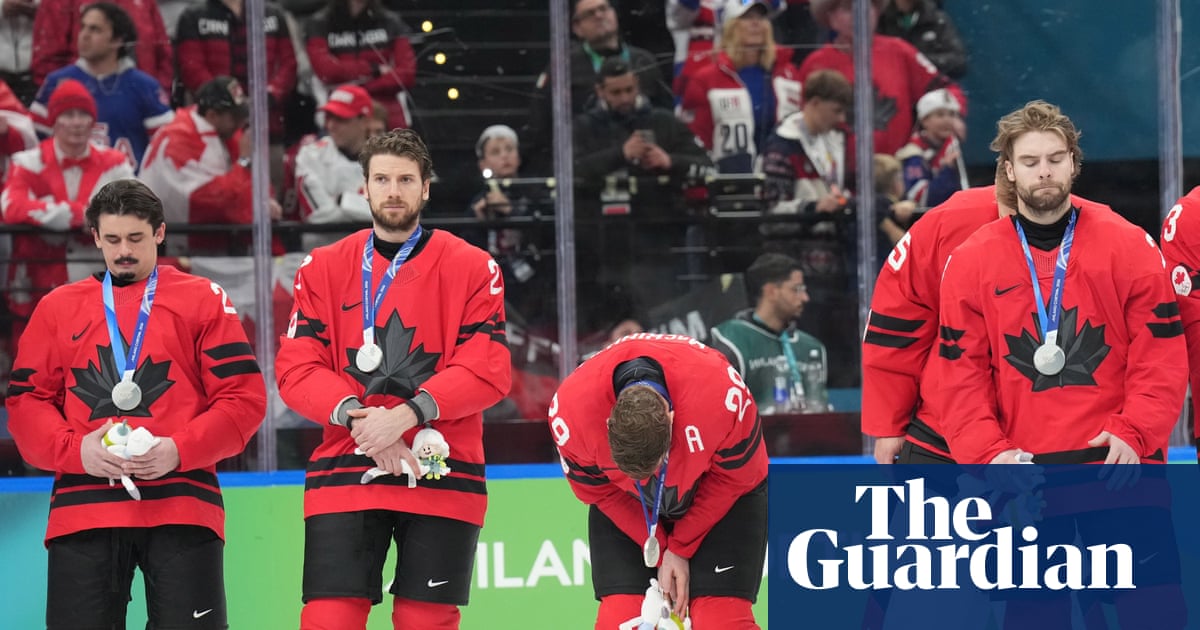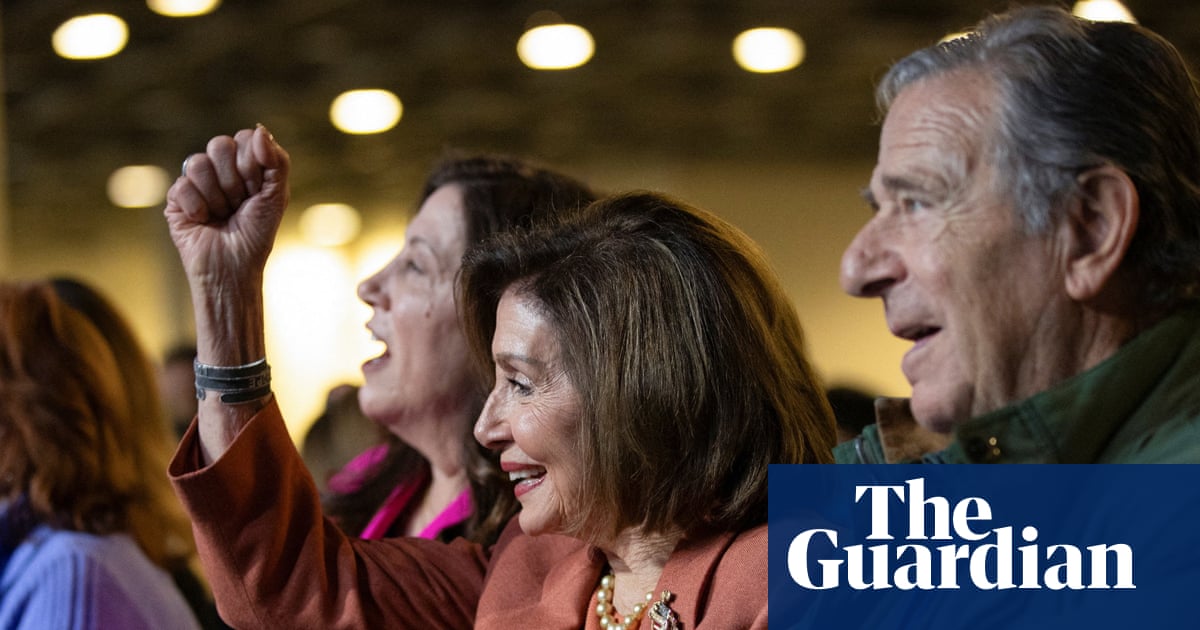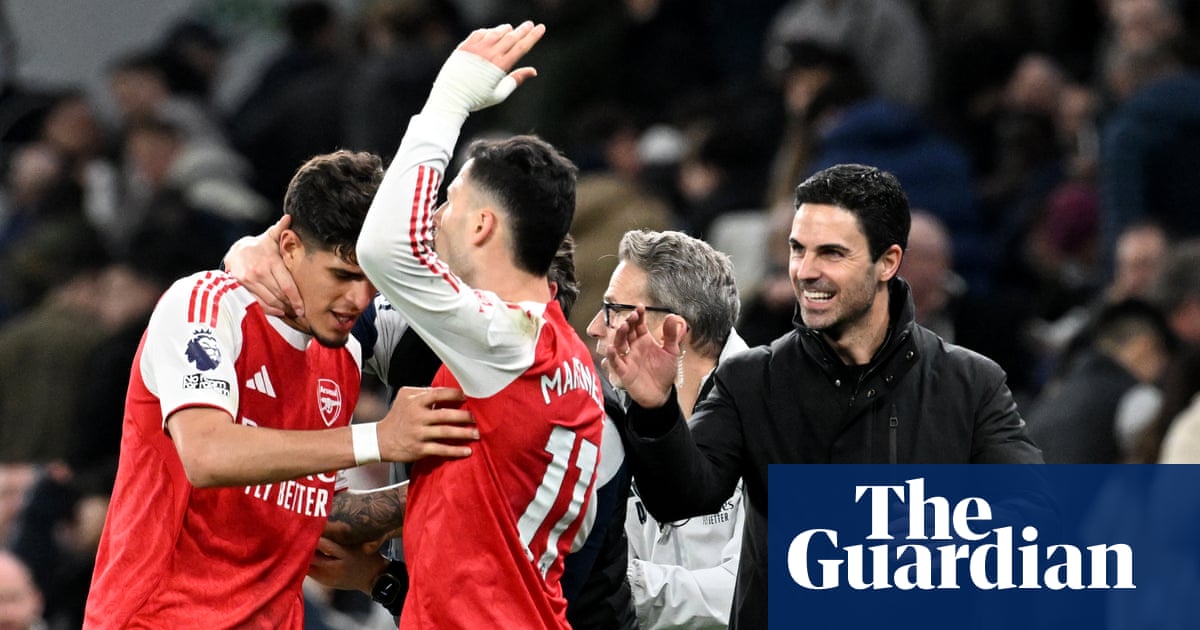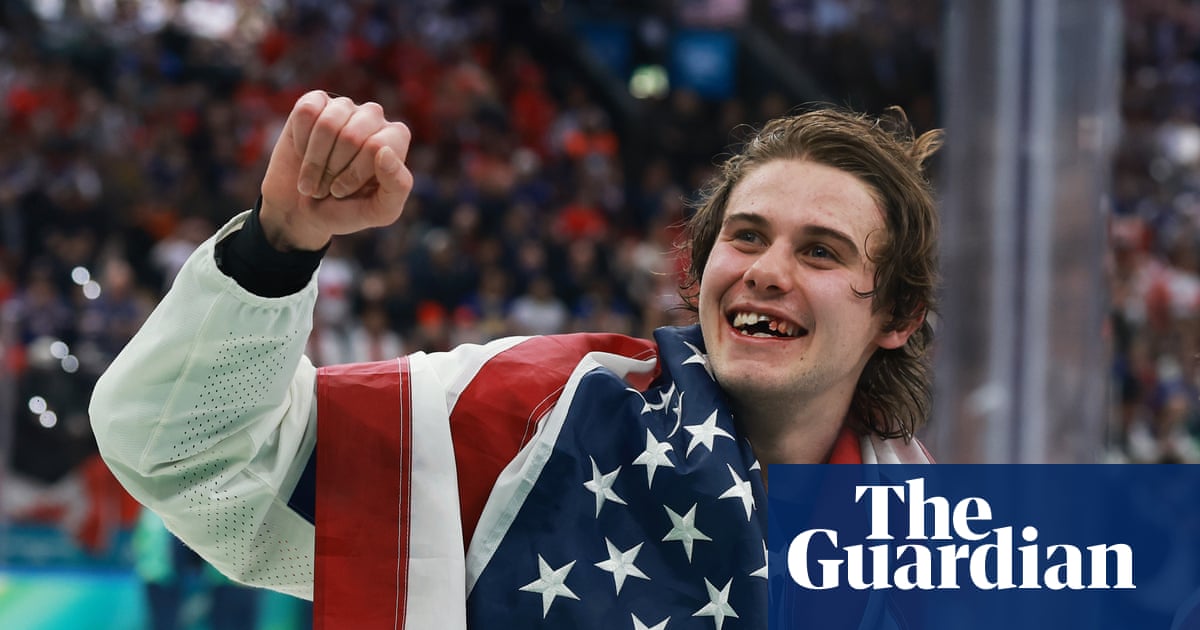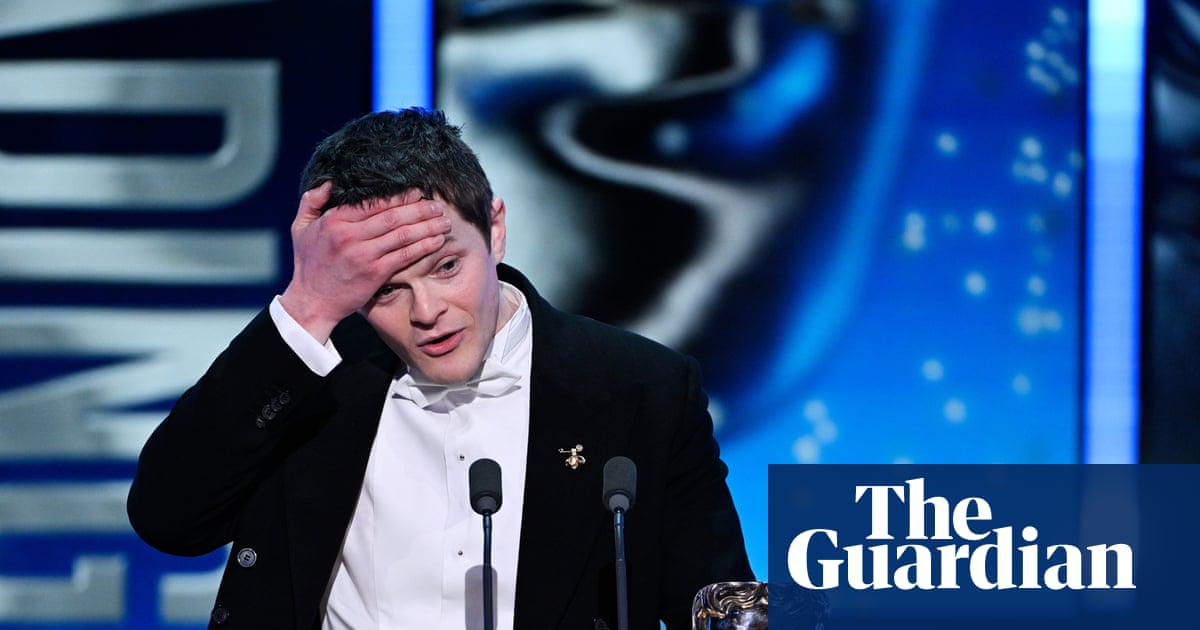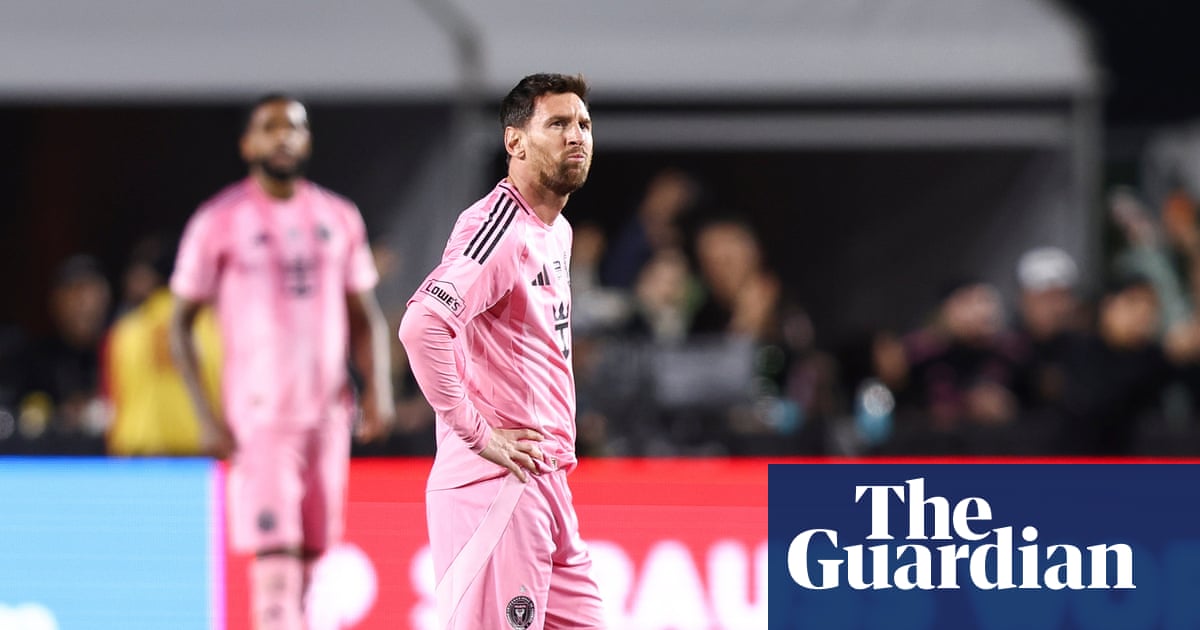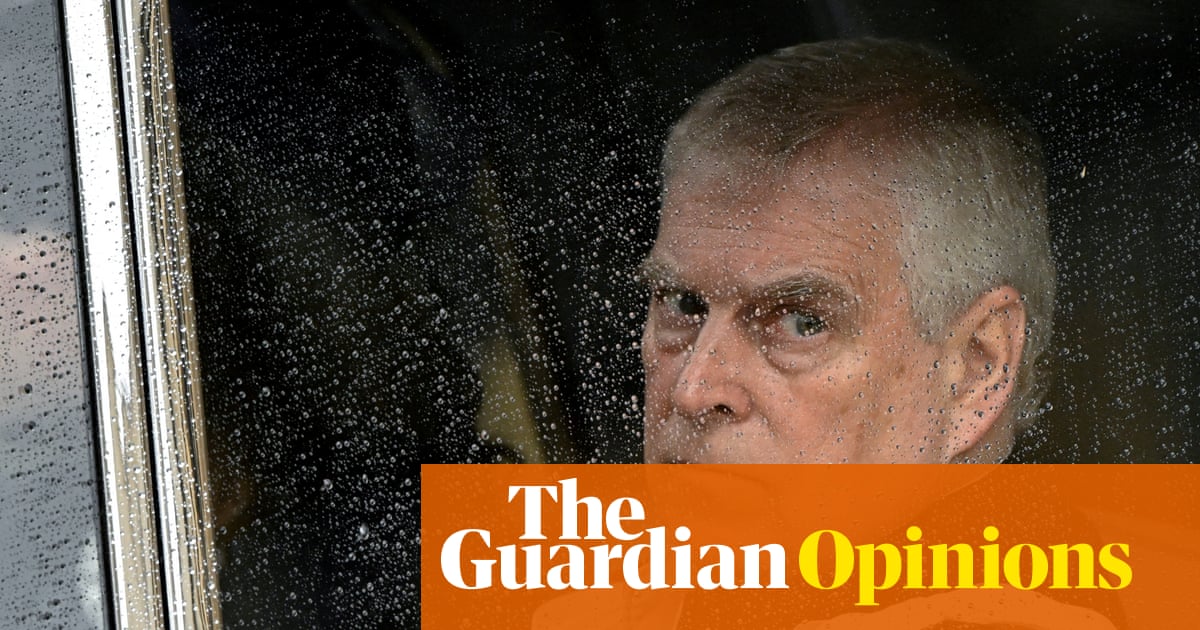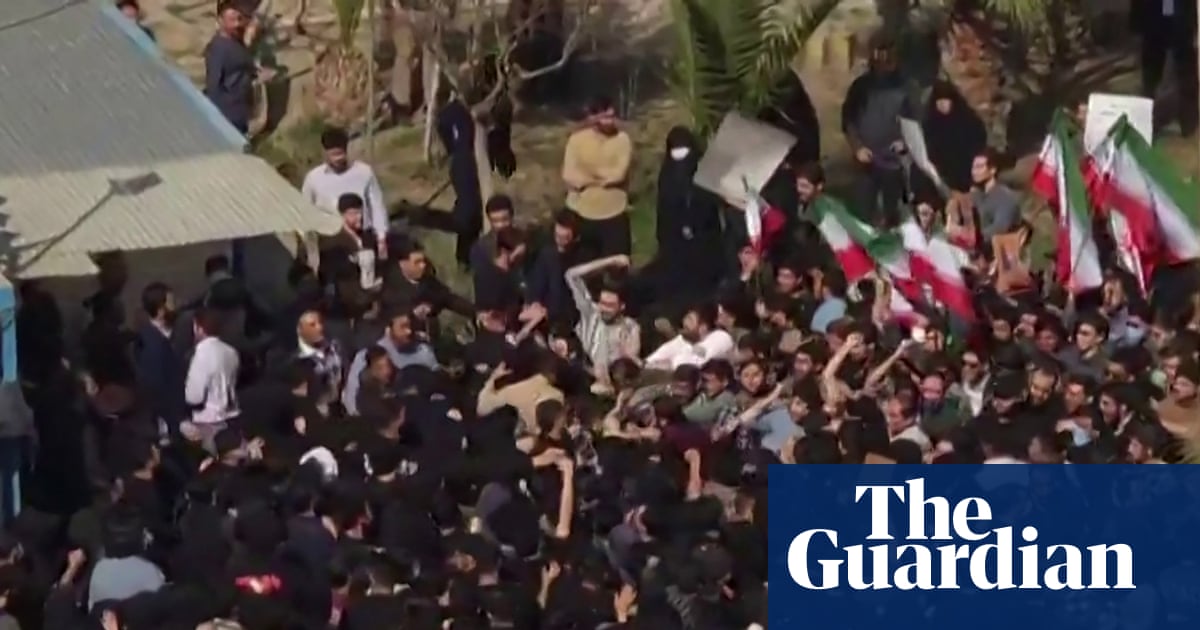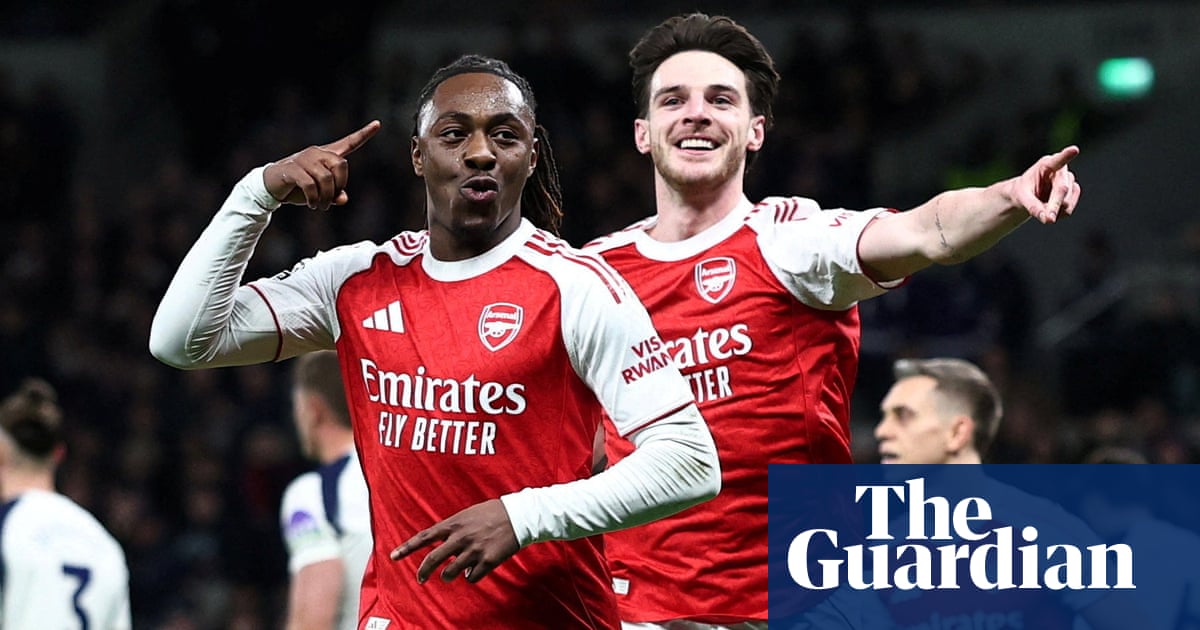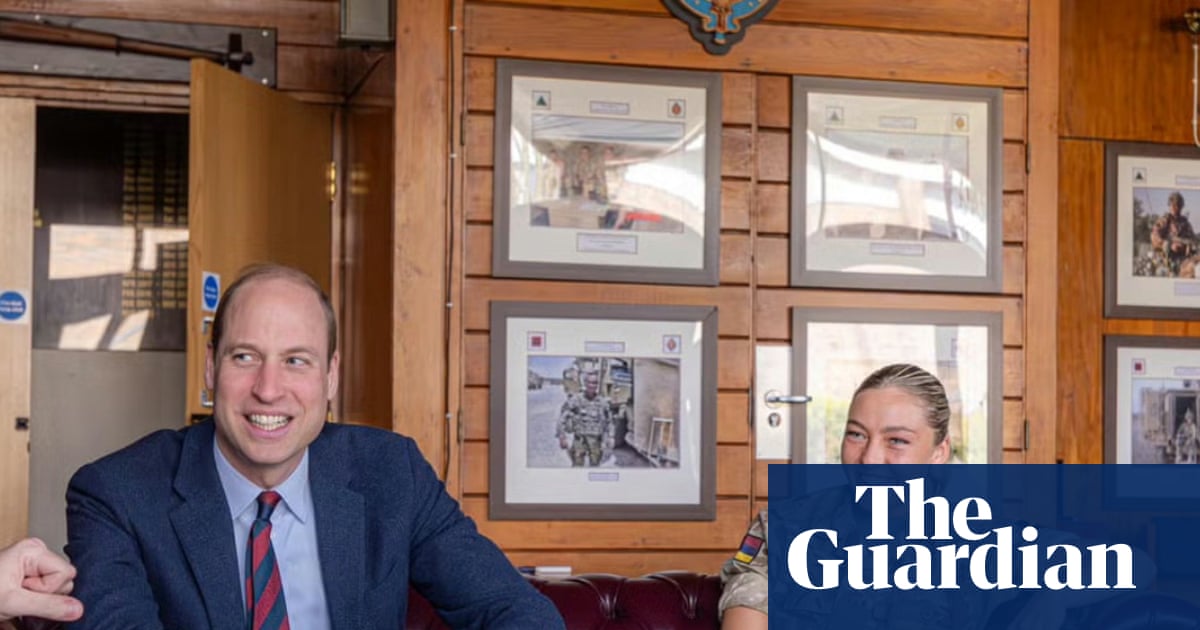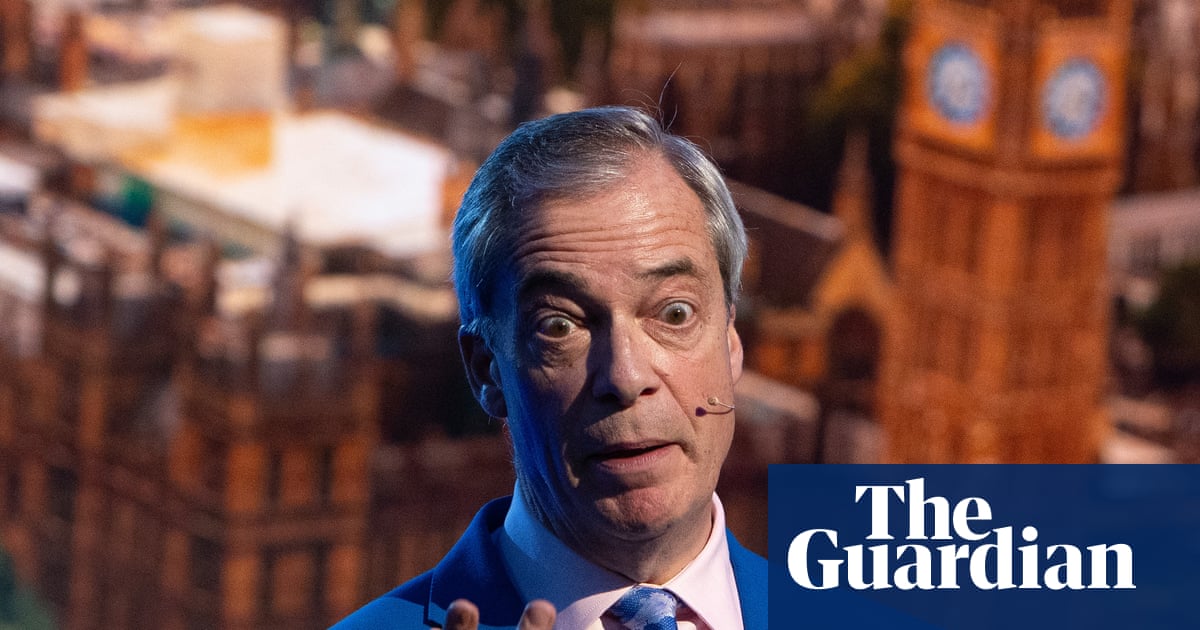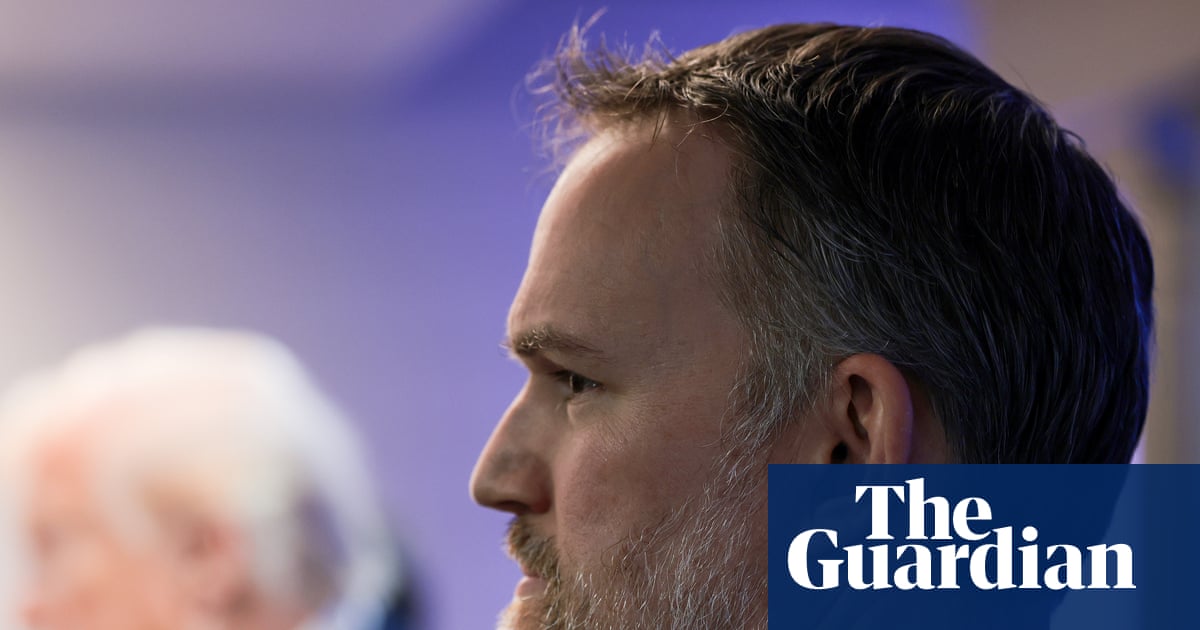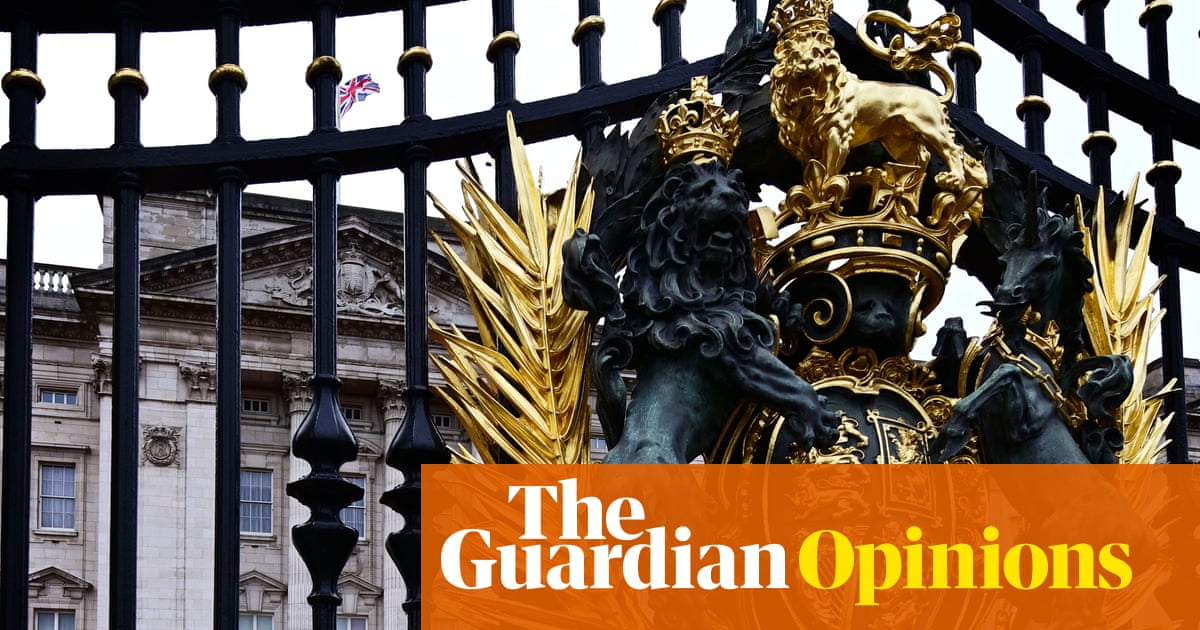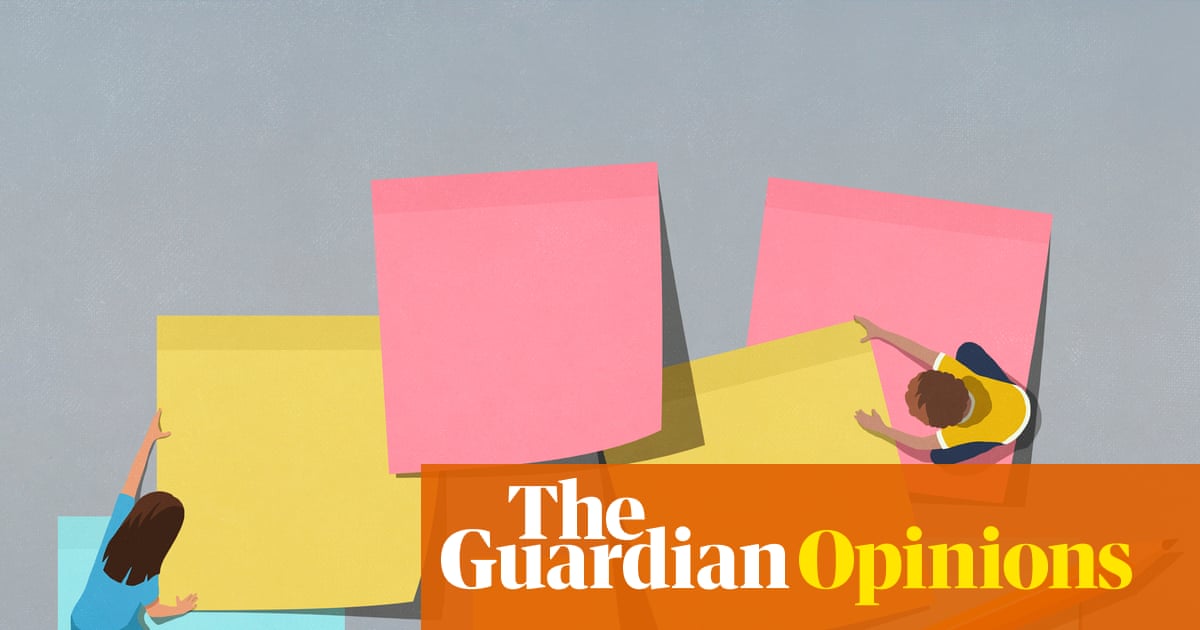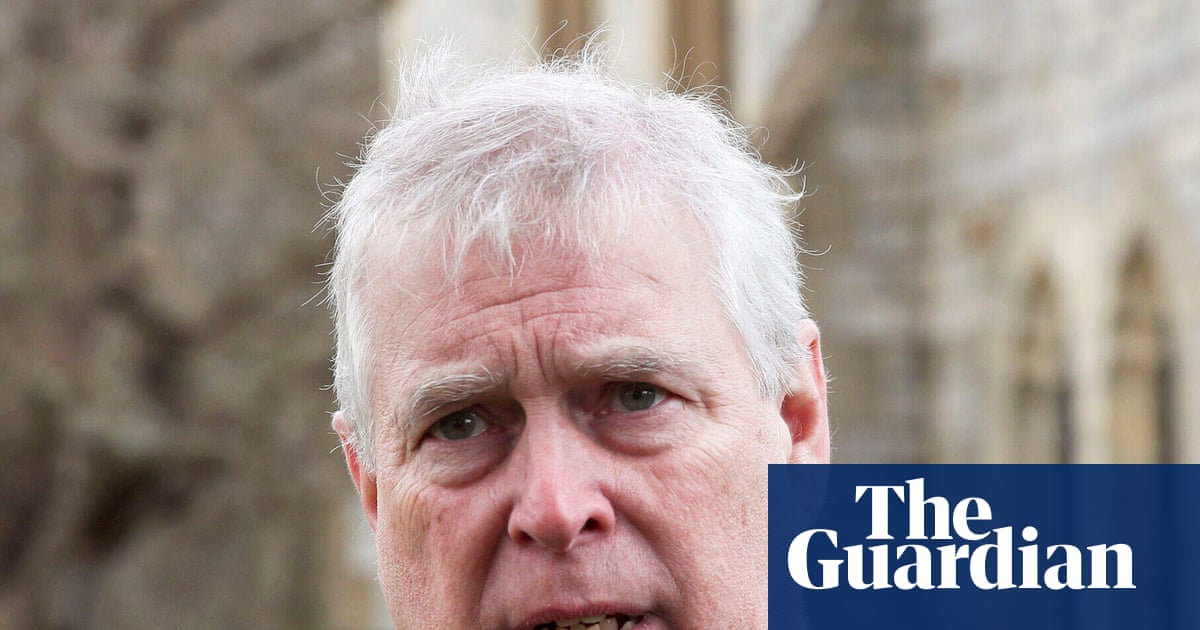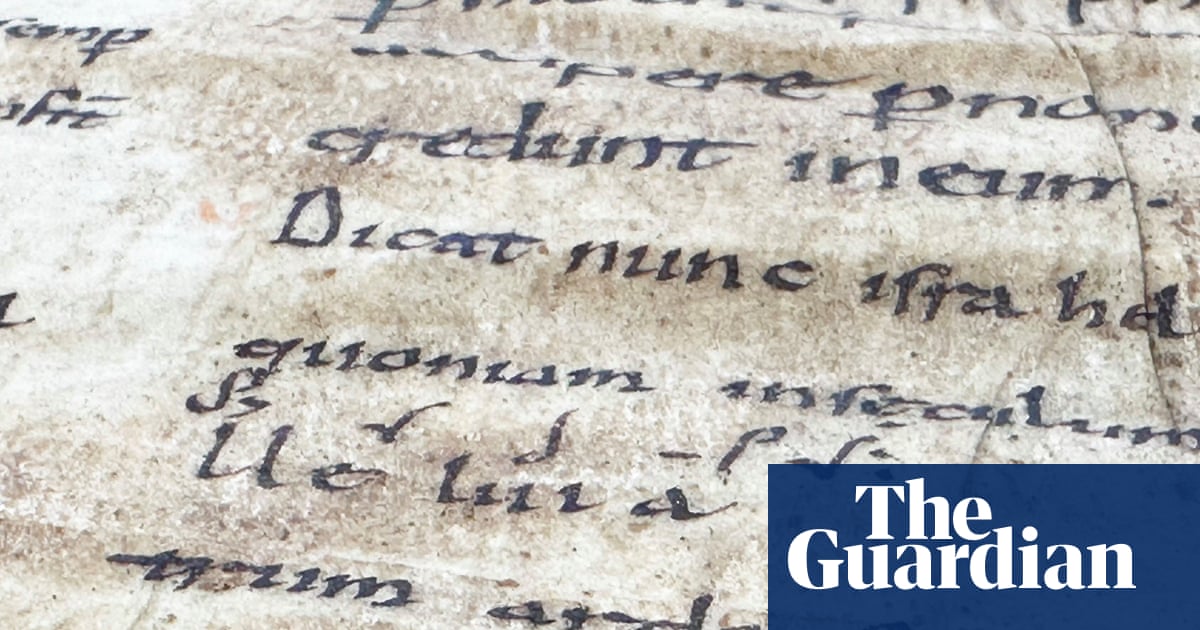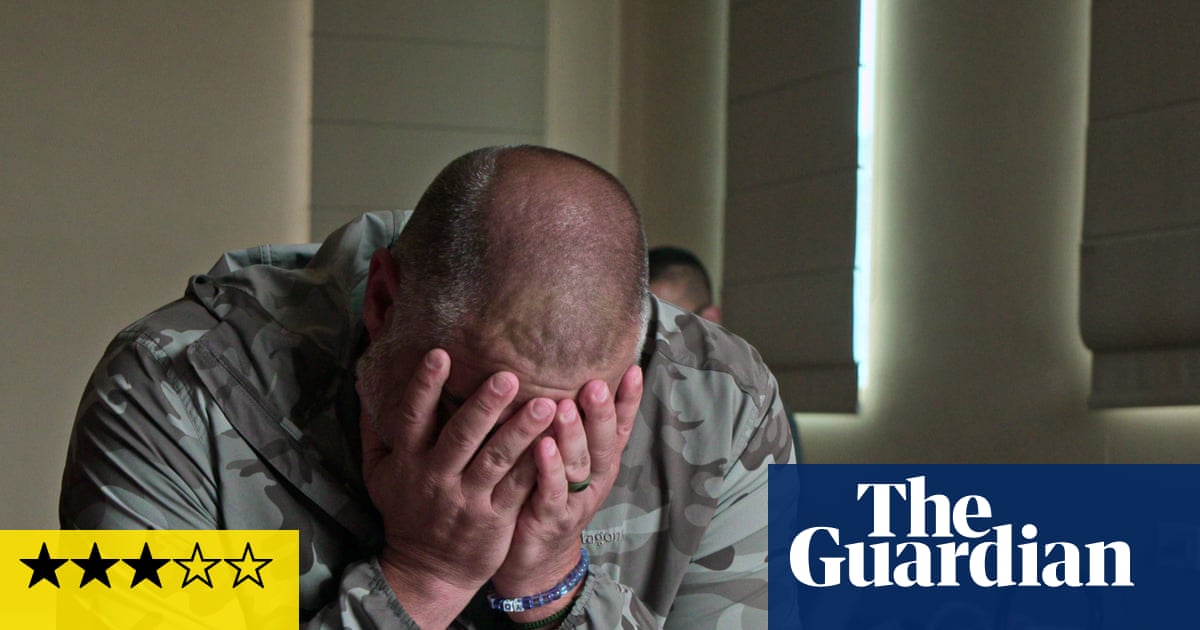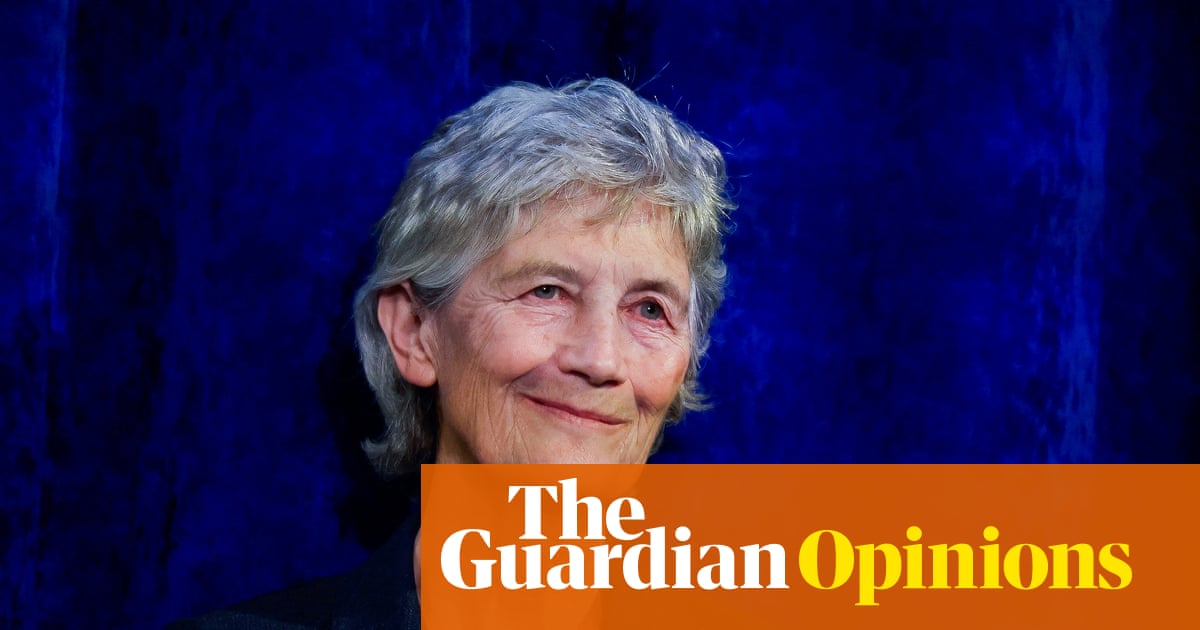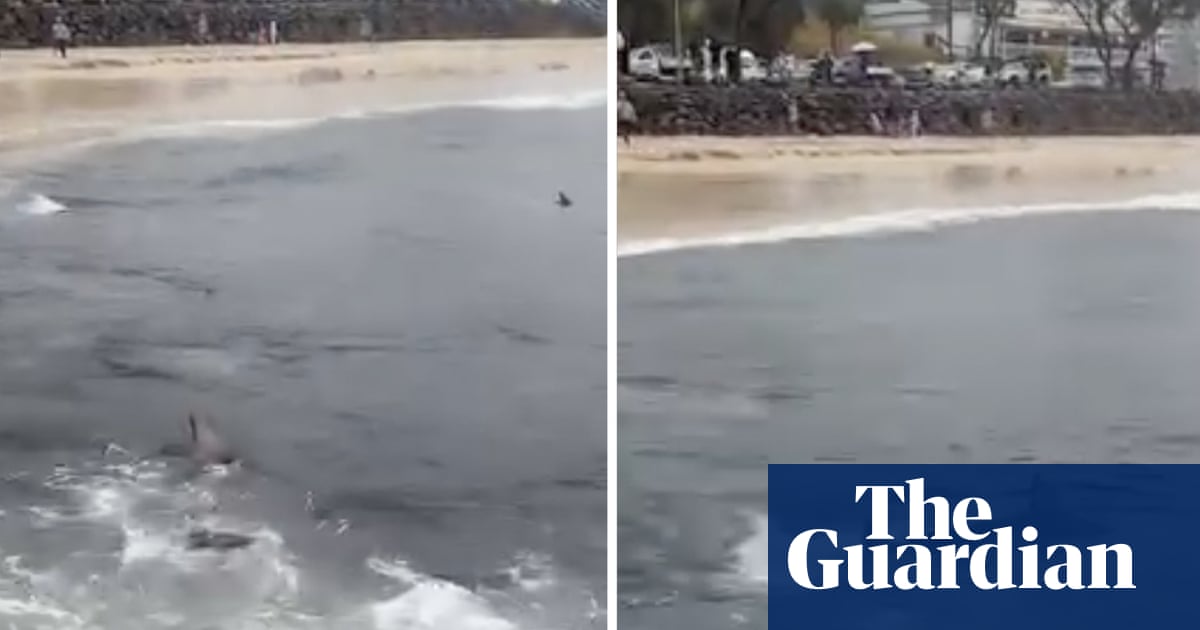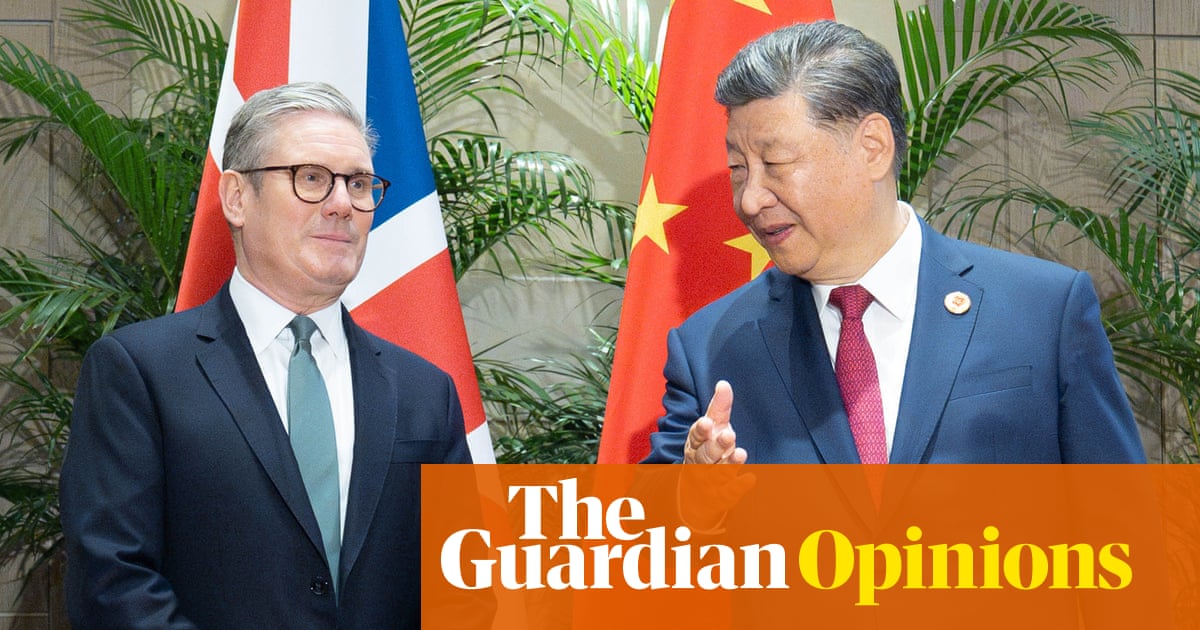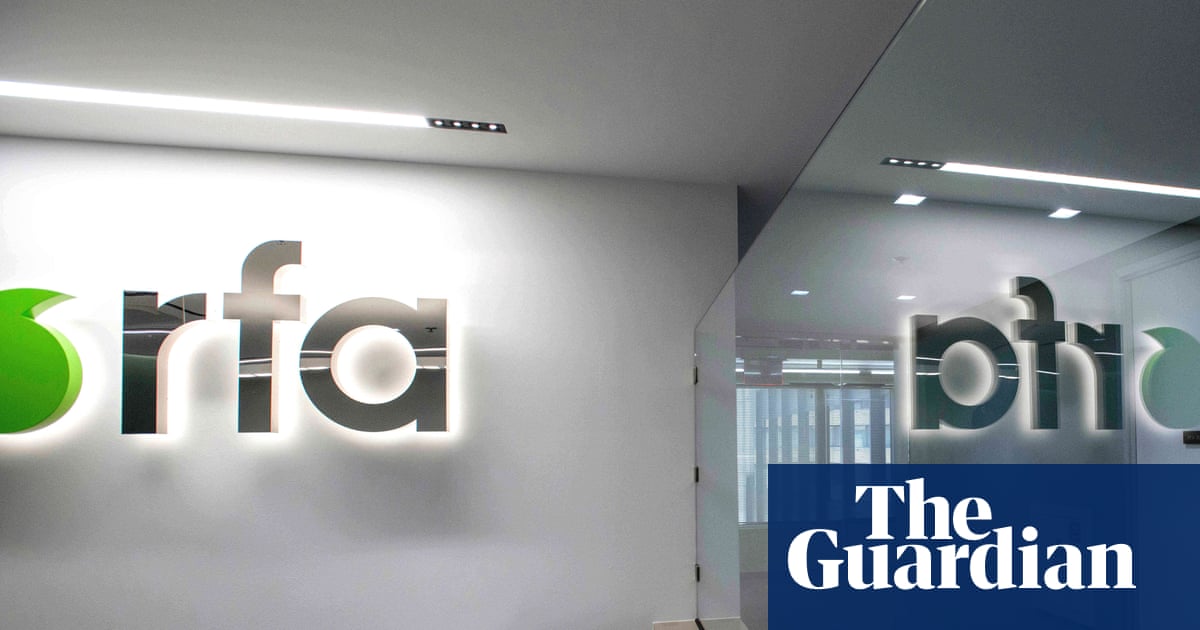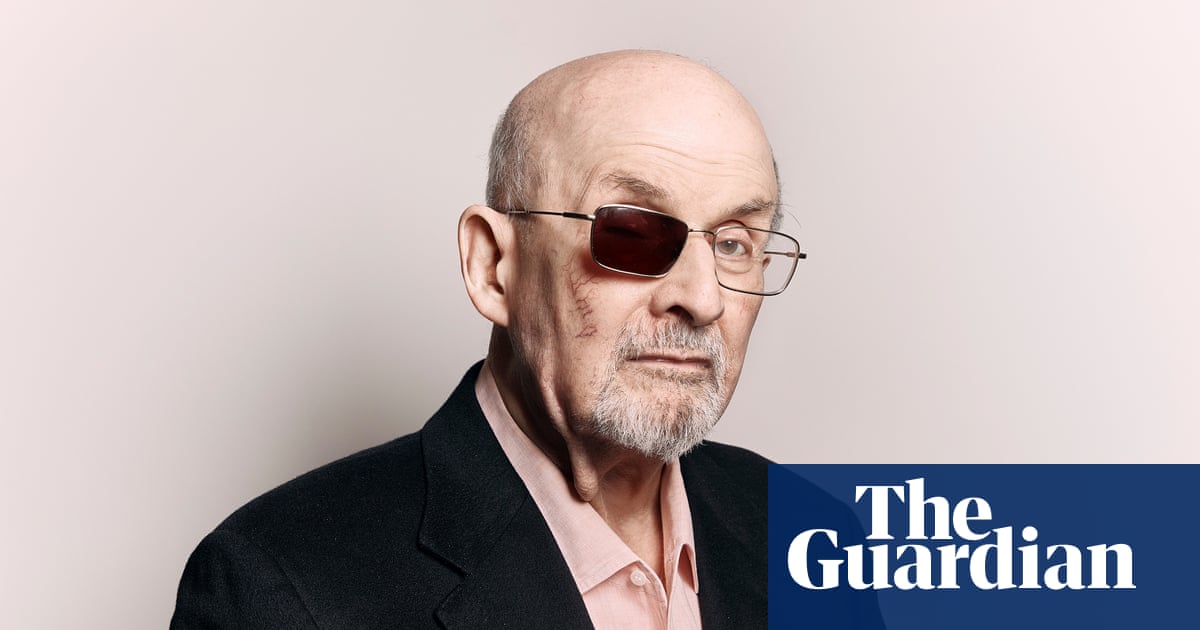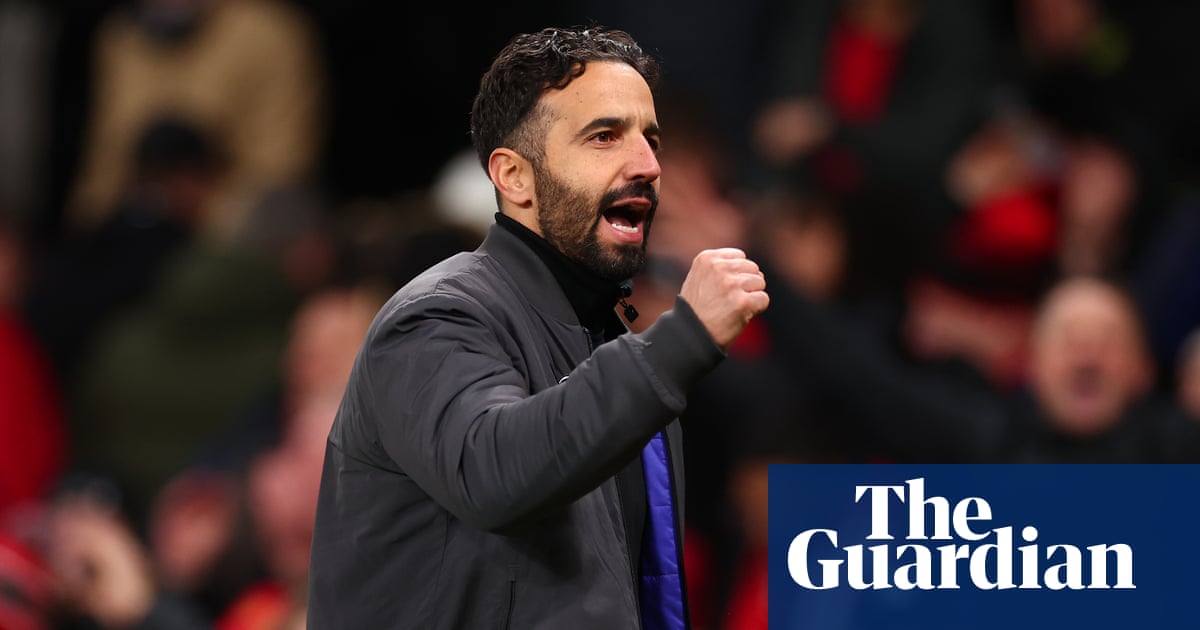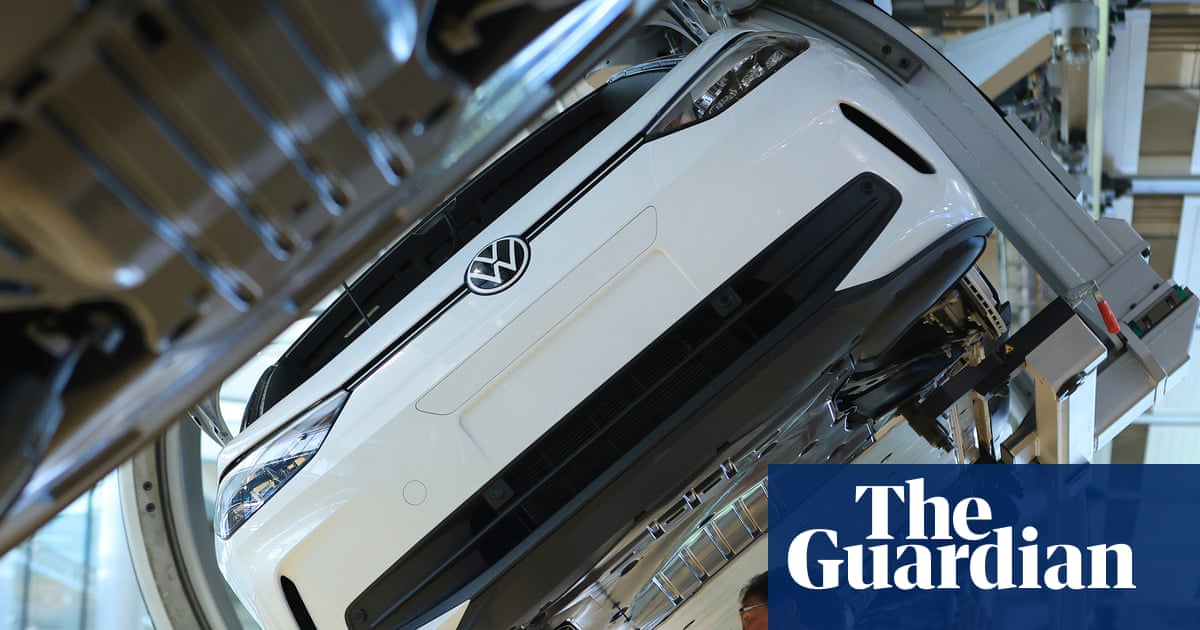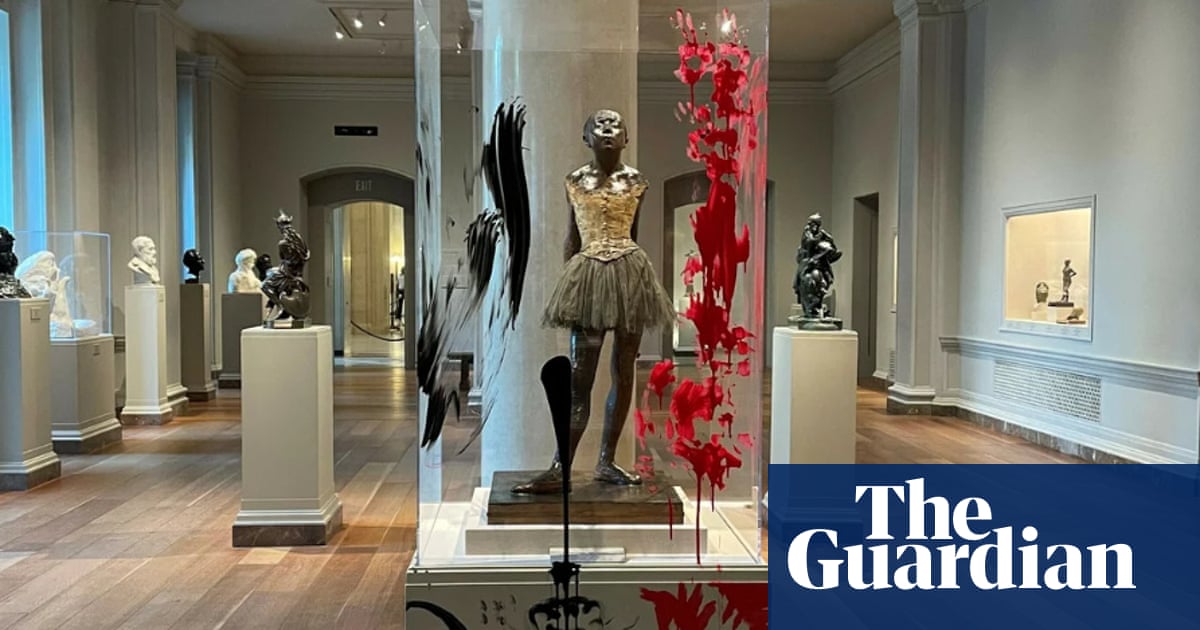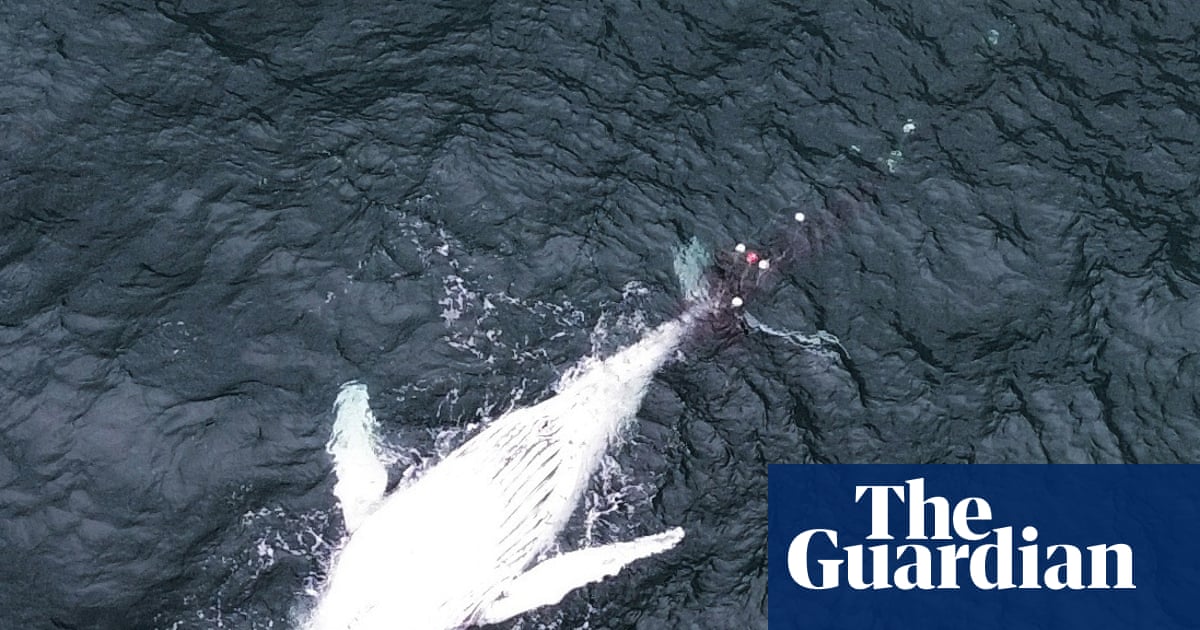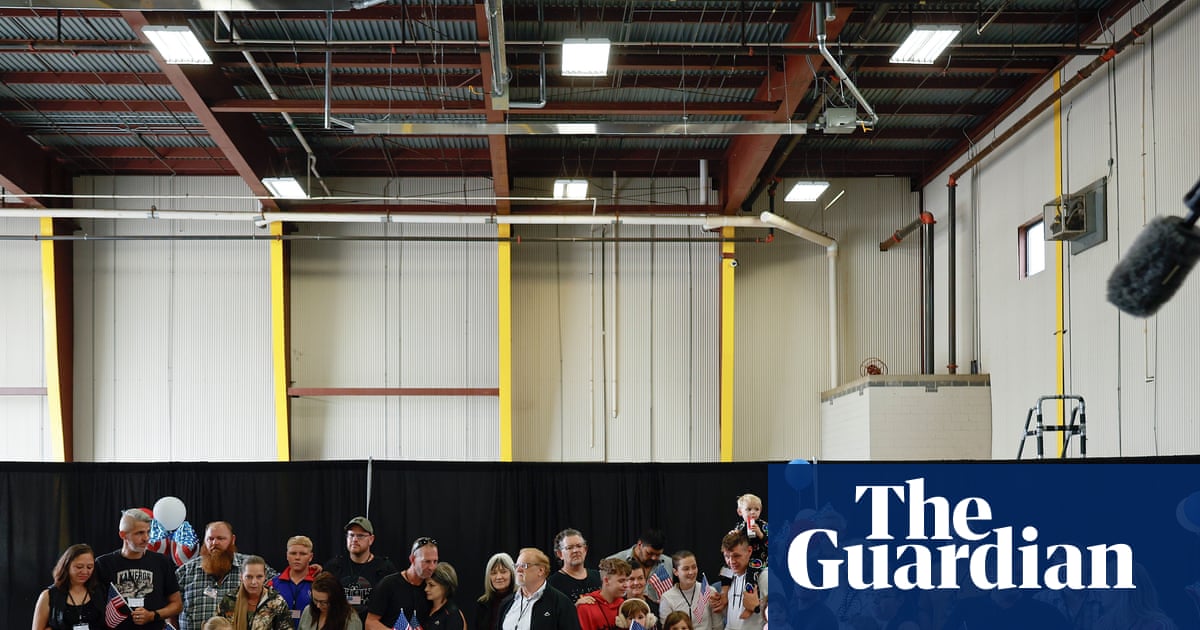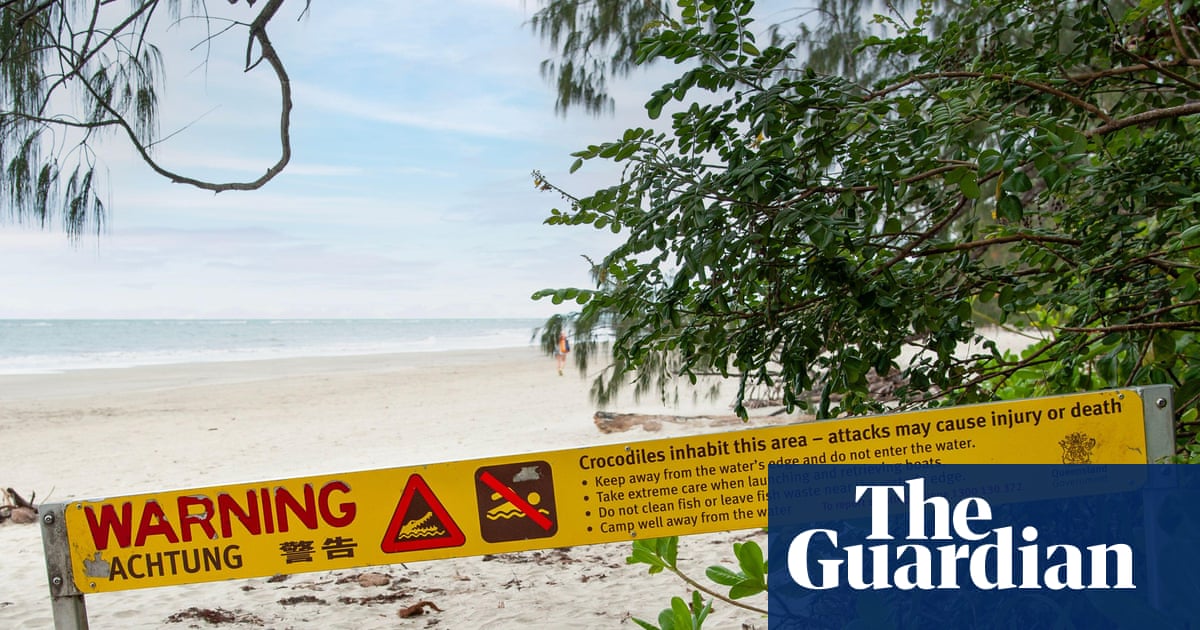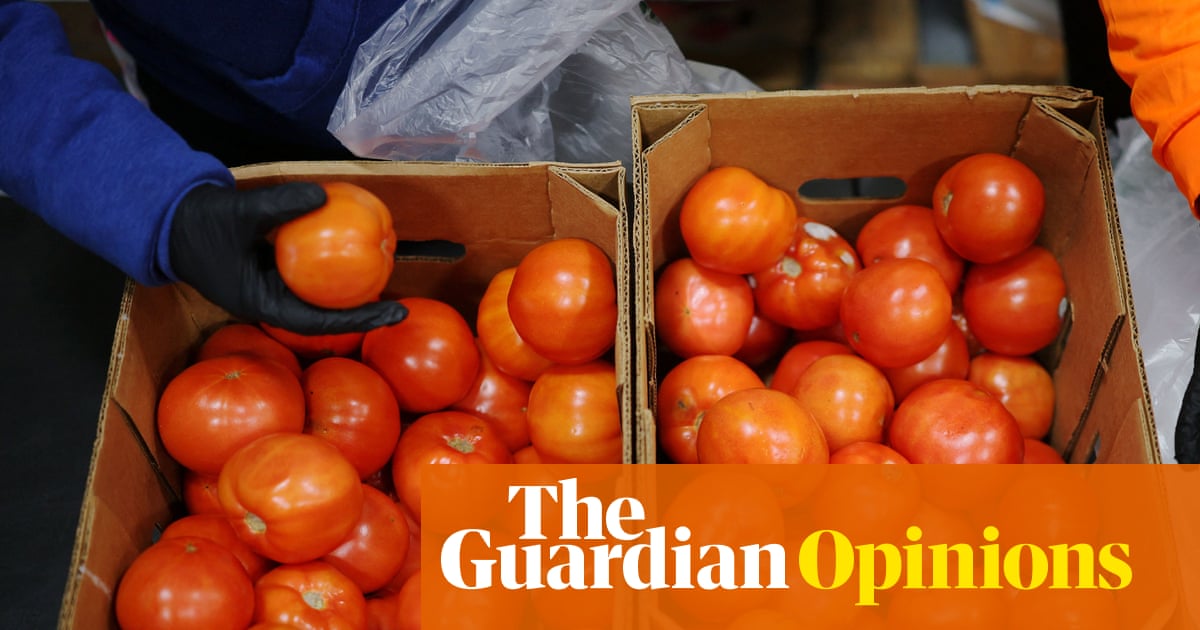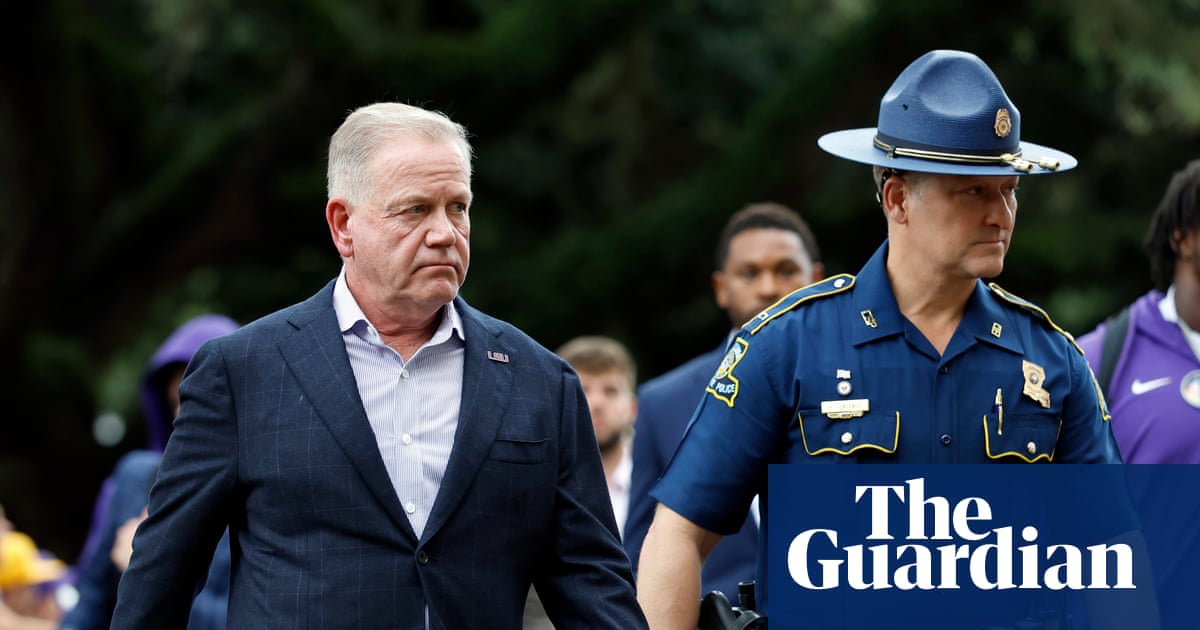Stefano Di Carlo was two months old when, in 1989, his grandfather, Titi, became the president of River Plate, taking over after the resignation of Hugo Santilli. He was seven months old when, that December, his grandfather narrowly lost the presidential election. He was three years old when his grandfather took him to his first River Plate game.
Titi Di Carlo remained a senior figure at the club and was on the board when he went to a Copa Libertadores quarter-final against Banfield with the 16-year-old Stefano. The first leg had finished 1-1.
River led the second 3-2 but were hanging on, fearing a third away goal that would have eliminated them. In the final minute, a Banfield shot flashed just wide, brushing the net so it rippled. From the directors’ box it looked as if it had gone in. At that moment, Titi Di Carlo suffered a cardiac arrest and collapsed. “Stefano,” he gasped. It was the last word he ever said; he died in hospital soon after.
His grandson had already set himself on becoming president of River: next Saturday, at the age of 36, Stefano Di Carlo is likely to be elected as the club’s youngest president since their very first one, Leopoldo Bard.
Titi was Stefano’s maternal grandfather, but Stefano uses his surname, in part because of its resonance at the club and in part because his father, Yayo Cozza, was implicated in the scandal surrounding Guillermo Coppola, the former agent of Diego Maradona, and was subsequently treated for cocaine addiction.
The election has come amid River’s worst run of form in more than 40 years. They went out of the Copa Libertadores in the quarter-final to Palmeiras and are in serious danger of failing to qualify for next season’s competition. A run of four successive league defeats culminated in a 1-0 home reverse against Sarmiento two weeks ago. The atmosphere at that game was deeply weird;: while there was clear dissatisfaction from fans, it lacked a focus.
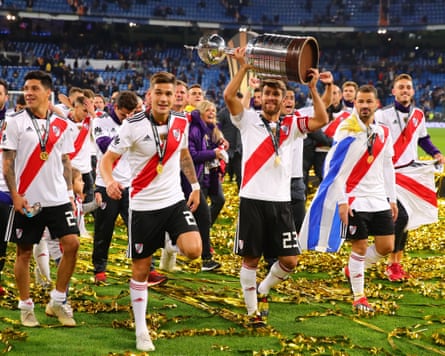
They couldn’t really turn on the manager, Marcelo Gallardo, who returned to the club last year after leading them to unprecedented success in his first eight years in the dugout. Friday’s penalty shootout defeat by Independiente Rivadavia (25 shots to three, 70% possession) in the semi-final of the Copa Argentina has only intensified the frustration.
Di Carlo has been vice-president to Jorge Brito, who himself was vice-president to Rodolfo d’Onofrio. Should he win, essentially maintaining the same regime into a fourth term, this would represent an unprecedented period of stability.
River needed it. Dropping into Nacional B in 2011 was an unthinkable embarrassment, particularly given a system that calculates relegation using a three-year points average, designed to prevent any of the grandes of Argentinian football ever going down. River were promoted the following year, but the scars remained and the club were in a financial shambles when D’Onofrio, having controversially lost the chaotic 2009 election to Argentina’s 1978 World Cup-winning captain, Daniel Passarella, took over in 2013.
Asked what state he found the club in, D’Onofrio shakes his head and puffs out his cheeks. Yet somehow in his eight years as president, despite the turbulent Argentinian economy, he not only navigated the club away from financial crisis but did so while bringing a Copa Sudamericana and two Libertadores titles. The second of those came in 2018 with the superclásico or superclásicos, when, after the Boca team bus was attacked, the second leg of the final had to be moved to Madrid.
Brito’s term – he changed the club’s constitution so nobody can stand for a second – has brought less spectacular on-field success, but he has transformed the Estadio Monumental. Back in 2018 it was still essentially the same stadium it had been when it hosted the 1978 World Cup final, with wooden benches and a decrepit running track. But when the Covid lockdown led to fans being banned from stadiums, Brito saw an opportunity.
after newsletter promotion
By the time fans returned, the track had been ripped out, the pitch lowered, a new tier added and the benches replaced by state-of-the-art seats (exactly the same spec as at Tottenham Hotspur Stadium, even down to the shade of grey, which apparently fades less than other colours). Within a matter of months, the Monumental had been transformed into a modern stadium, capacity increased from just over 60,000 to 85,000. Yet Brito had managed to retain “the essence”, as he put it, of the old ground, most notably in the populares, the terraces behind the goals at either end.
Most startling, perhaps, is the entry technology. Fans no longer need a physical ticket or a QR code on their phone; rather their faces are scanned at the gates. Perhaps there are civil liberties concerns, but reselling and touting have in effect been eliminated, while it’s almost impossible for those banned from the stadium to gain access; plus, there’s no danger any more of losing a ticket or a phone running out of charge.
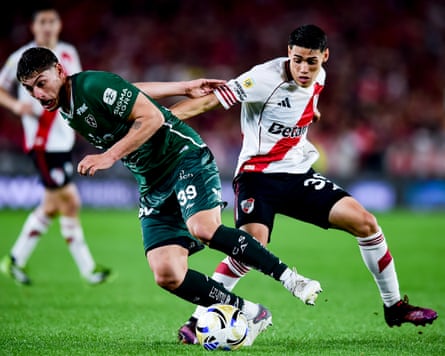
While there has been some grumbling from fans about cost, that season tickets cannot be passed on to a relative or friend and the comparative lack of red-and-white inside, the stadium is a sellout for almost every game, violent incidents are down and revenues have increased, vital in a league in which television revenues represent only 3% of income.
The only problem is results, which are always the unknown in football. What might have happened, for instance, had the River keeper Marcelo Barovero not saved a penalty in the 2014 Copa Sudamericana semi-final against Boca? Had that gone in, had River been eliminated, would there have been the two Libertadores successes, would Brito have felt emboldened to implement his reconstruction programme? But then Gallardo’s coaching, employing a psychologist and studying the opponents’ penalty takers, made it more likely that Barovero would save that penalty – and that really is all a club’s leaders can do.
Still, two league titles in the past decade, in a system that awards two championships a year, is not the best record and that is something that will need to improve if the D’Onofrio/Brito/Di Carlo dynasty is to extend its primacy to 20 years. The infrastructure is in place, but a football club is still ultimately about what happens on the pitch.

 3 months ago
61
3 months ago
61
